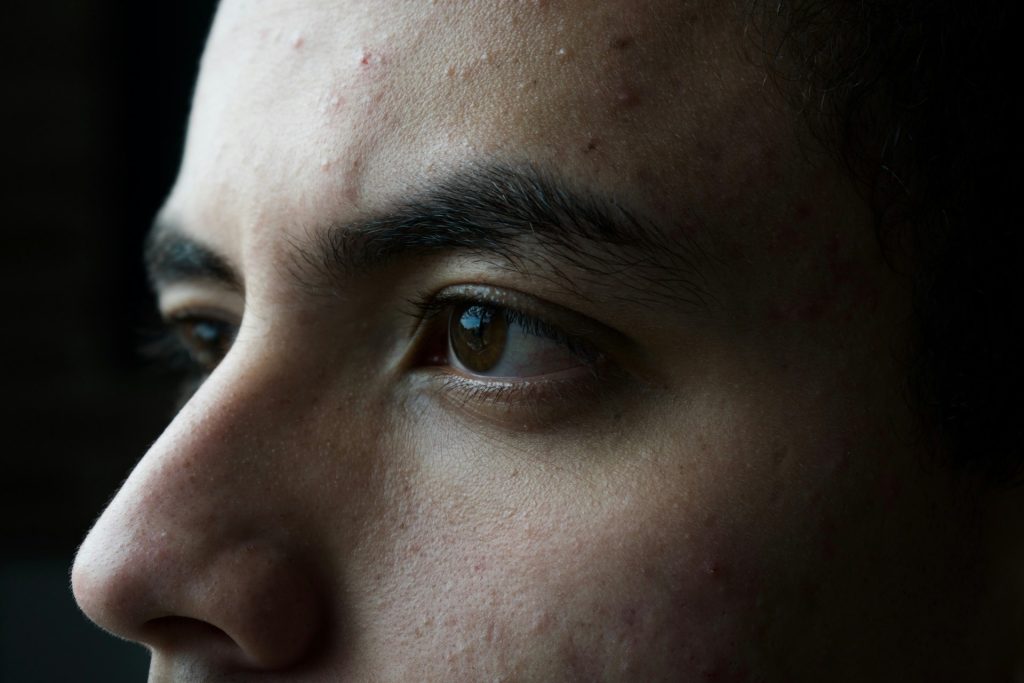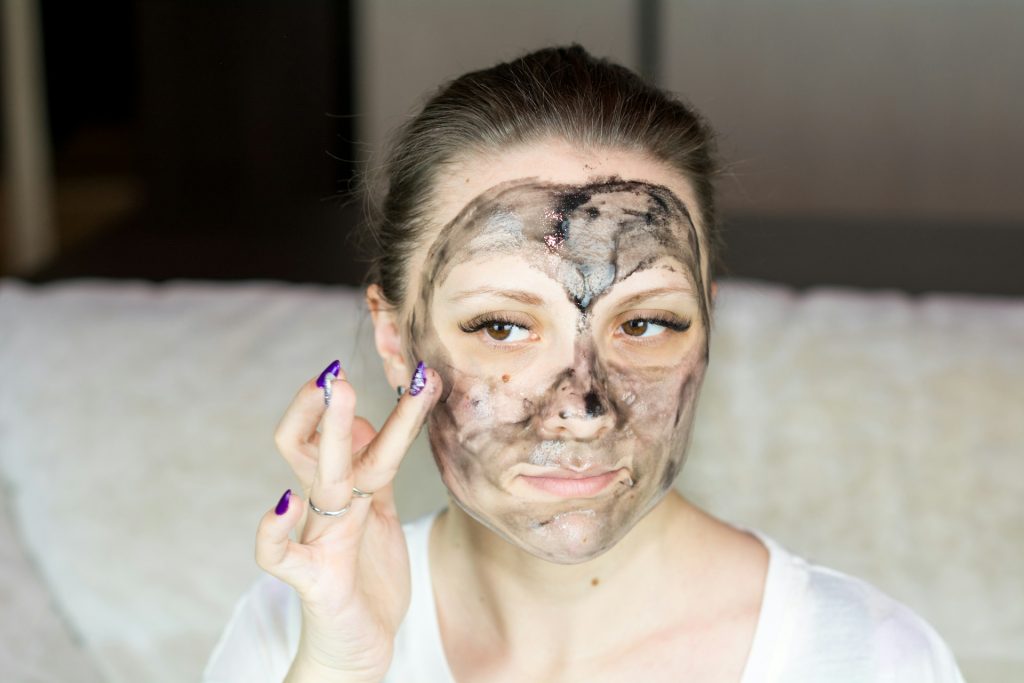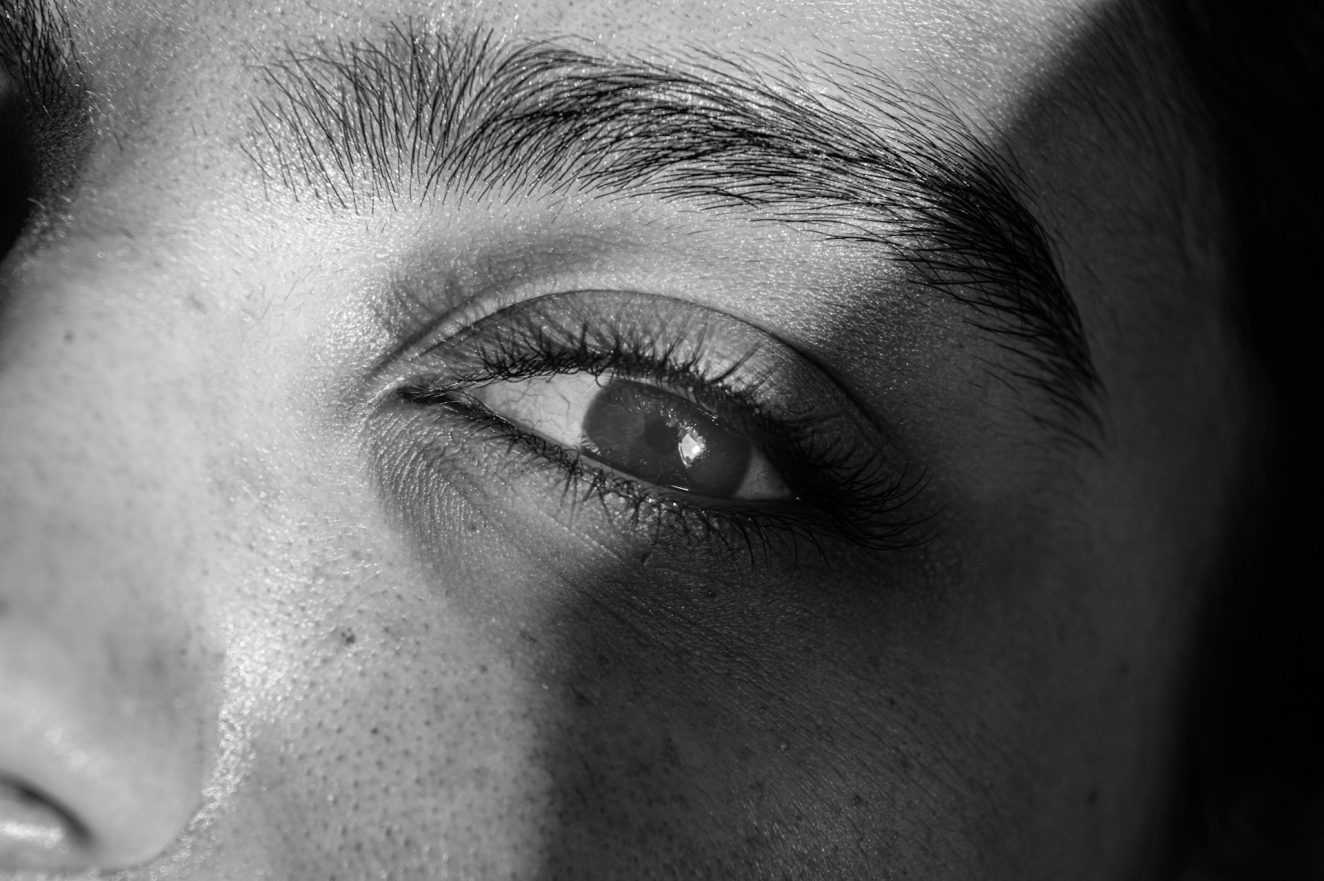Blackheads, a common form of acne arising from clogged pores, can be a persistent skin concern. While the urge to pick and squeeze might be tempting, it’s crucial to explore effective treatments that won’t worsen the situation. This guide offers a roadmap to banishing blackheads, from tried-and-true methods to prevention strategies.

Blackhead Treatment
1. Salicylic Acid: Clearing the Path to Radiance
Salicylic acid, a potent ingredient in many skin cleansers, stands as a frontline warrior against blackheads. By breaking down dead skin cells and excess oil, it prevents the clogging of pores. Carefully choose products with salicylic acid in concentrations ranging from 0.5% to 5%, considering your skin’s sensitivity.
2. Retinoid Creams: Harnessing the Power of Vitamin A
Retinoid creams, derived from vitamin A, prove effective in unclogging pores and promoting new skin cell growth. While some are available over the counter, prescription-based retinoids require a doctor’s guidance. Due to heightened sensitivity to UV rays, it’s advisable to incorporate these creams into your nighttime routine.
3. Extraction: Seeking Professional Hands
Health professionals can expertly perform extractions, a process involving specialized tools to remove blackheads. Although home extraction kits exist, caution is paramount. DIY attempts may lead to scarring, emphasizing the importance of entrusting this task to professionals.
4. Chemical Peels: A Deep Dive into Renewed Skin
Chemical peels, designed to address sun damage and minor scars, can also combat certain types of acne, including blackheads. Administered in a doctor’s office, the procedure unclogs pores and stimulates skin regeneration. Ingredients such as salicylic, glycolic, and retinoic acids are common, though potential side effects include redness and skin discoloration.
5. Skin Brush: Clearing Debris for a Youthful Glow
Incorporating a skin brush into your skincare routine aids in removing debris contributing to acne. However, proper usage and post-brushing hydration are crucial. Consult your dermatologist to determine the suitability of a skin brush for your skin type, ensuring it complements your regimen.
6. Noncomedogenic Products: Embracing Pore-Friendly Choices
Opt for noncomedogenic products, free from pore-blocking oils, to reduce the risk of blackheads. From cleansers to moisturizers and makeup, these choices prioritize skin health and clarity.

Blackhead Prevention: Crafting a Shield Against Recurrence
Preventing blackheads involves adopting a mindful skincare routine and embracing protective measures:
1. Consistent Face Washing: A Ritual of Renewal
- Wash your face in the morning, evening, and after sweating to maintain skin hygiene.
2. Gentle Cleansing Techniques: Nurturing Your Skin
- Apply non-abrasive cleansers using gentle fingertip movements, avoiding harsh scrubbing with washcloths or sponges.
3. Alcohol-Free Products: Nurturing Skin Sensitivity
- Opt for alcohol-free skincare products to protect sensitive skin from irritation.
4. Sun Protection: Shielding Against UV Sensitivity
- Steer clear of the sun, especially when using acne medications that heighten sensitivity to UV rays.
5. Hair Hygiene: Averting Oily Escapades
- Regularly shampoo oily hair to prevent oil transfer to your face, a potential blackhead trigger.
6. Hands-Off Policy: Minimizing Face Touching
- Limit touching your face, reducing the risk of transferring oils and bacteria.
7. Fresh Pillowcases: A Simple Yet Impactful Change
- Change pillowcases regularly to prevent the accumulation of oils and debris that contribute to blackheads.
8. Dietary Awareness: Nourishing Your Skin from Within
- Some studies suggest avoiding specific foods, including skim milk, chocolate, and carb-rich items, to manage acne.
Blackhead Treatments to Avoid: Steering Clear of Detrimental Choices
Certain treatments and product ingredients can exacerbate blackhead issues:
1. Oil and Alcohol-Based Cleansers: A Cautionary Tale
- Avoid oil-based and alcohol-based cleansers, particularly if you have oily skin, as they may irritate and exacerbate the condition.
2. Individualized Moisturizing: Tailoring to Your Skin Type
- Choose moisturizers compatible with your skin type – oil-free for oily skin, light oil for normal skin, and oil-based for dry skin.

In the quest for clear, blemish-free skin, understanding the nuances of blackhead treatment and prevention is key. By incorporating effective methods and steering clear of detrimental choices, you pave the way for radiant, healthy skin. Remember, patience is paramount, and consistency is your greatest ally on the journey to getting rid of blackheads and embracing the glow of clear complexion.





